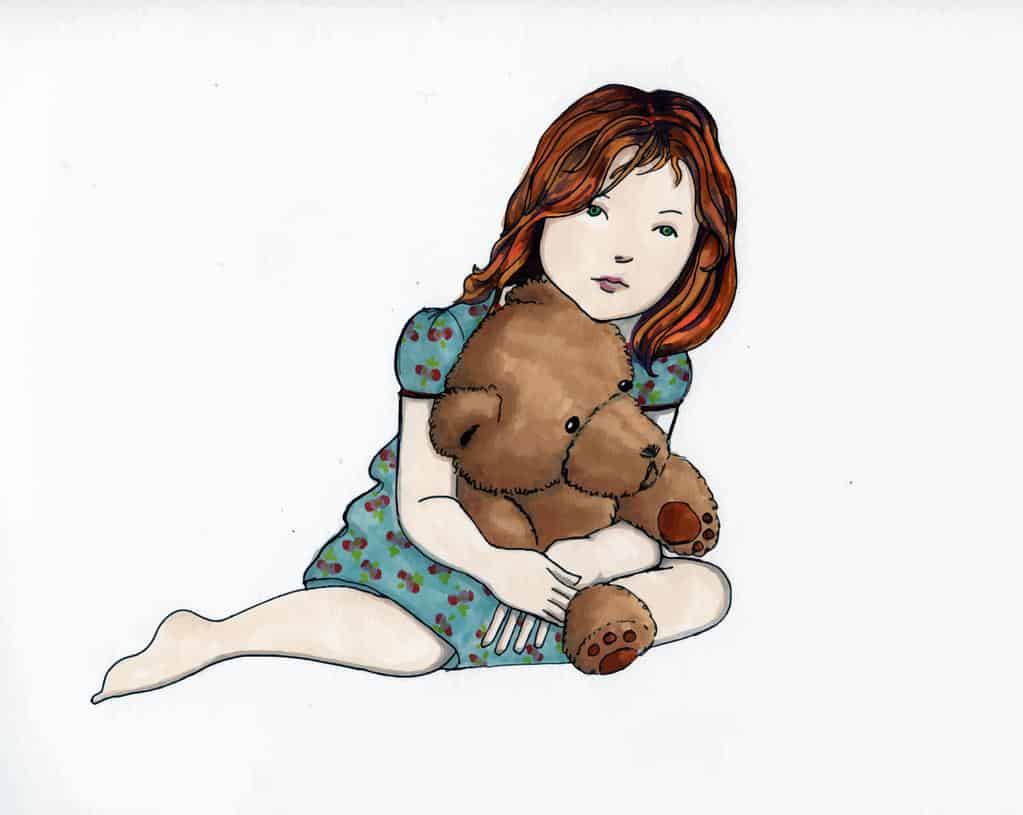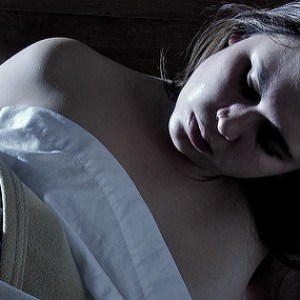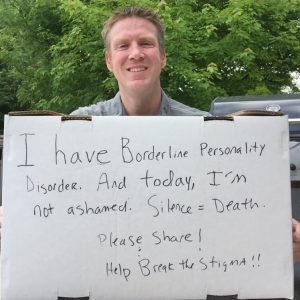by Andrew Lord
Evidence has shown that sexual abuse is pervasive and widespread, and as a legal representative for many survivors my own caseload leads me to believe that we should assume sexual abuse takes place in every corner of our society. I write this blog as Respect Yourself has established a campaign for survivors of abuse, launching a new social media page @ry_ineedhelp, and am pleased that there will be more resources and support available for the many, many survivors out there.
The statistics on sexual abuse are alarming; according to Rape Crisis 1 in 6 children have been sexually abused, and 1 in 4 women and 1 in 18 men have been raped or sexually assaulted as an adult. It often feels as though barely a day goes by without a number of news articles about sexual abuse of some kind. Of course, these are just the cases that we are made aware of and there are those which go unreported in the media. There are also many more survivors who will not yet have even made any disclosures.
For some time there has been discussions around shining a light into the dark corners of society where abuse took place. Back in 2015 the Independent Inquiry into Childhood Sexual Abuse (IICSA) was established to consider the extent to which institutions had failed in their duty of care to protect children from sexual abuse and exploitation, and how far any failings had been addressed. The task at hand was vast, and so IICSA broke this down into a number of individual investigations. Their final report was released in October 2022, and as part of that it was acknowledged that:
“Nearly every one of the Inquiry’s investigation reports concluded that the true scale of sexual abuse of children is likely to have been much higher than the actual numbers recorded, and this continues to be the case with current methods of data-gathering.”
A number of recommendations were made and at the time of writing this blog the Government’s detailed response is awaited.
It is undeniable that there a significant barriers to survivors disclosing their abuse, be it fear of not being believed, significant impact on mental health as a result of the abuse, concern as to the impact on family relationships etc., and it is completely understandable that some people feel unable to speak out.
My one key message to any survivors out there would be that this was not your fault and you do not have to face this alone. While there needs to be much greater availability of support for survivors, it is important to know that there are sources of support out there to help you reclaim your power. If you are unable to tell a trusted friend or family member, consider making a report to the police yourself, speaking with a GP, or reaching out to a charity that supports survivors of abuse.
About the author: Andrew Lord is a Senior Associate Solicitor at Leigh Day. He is a member of the Human Rights Department and represents survivors of abuse in compensation claims, including in cases for abuse in schools, youth clubs, children’s homes and religious organisations. He also represents pupils subjected to sexual violence or harassment by school peers, and in September 2021 he was named The Times Lawyer of the Week after successfully settling a compensation claim for a primary school aged child subjected to sexual abuse by a classmate.
Andrew says: “As a solicitor who represents survivors of abuse to bring compensation claims, sometimes I can be the first person that anybody has ever told about the abuse. That level of trust from a survivor is a privilege, and I am grateful to feel that every day I make a difference to somebody’s life and help them along with their journey.”
Andrew can be contacted at alord@leighday.co.uk or on 0203 780 0491, and is on Twitter at @Andrew_Lord_88
illustration created for Respect Yourself by Rebecca Osborne




